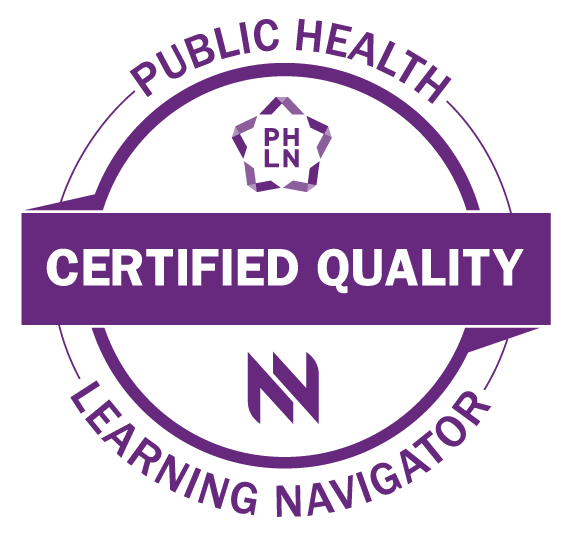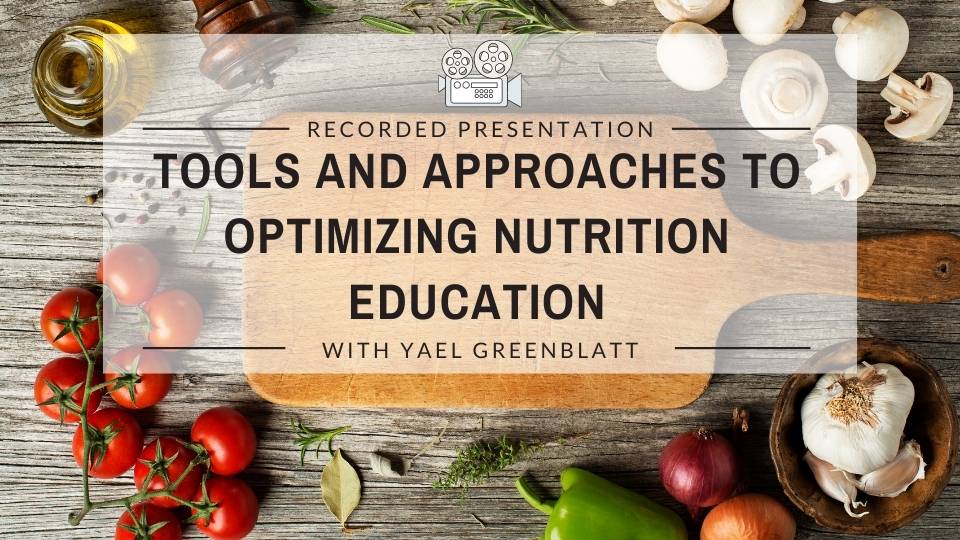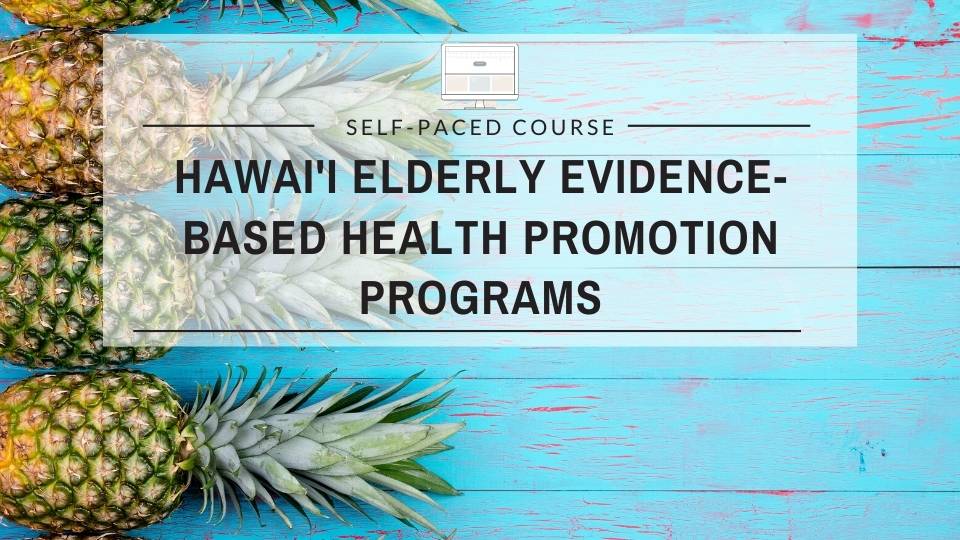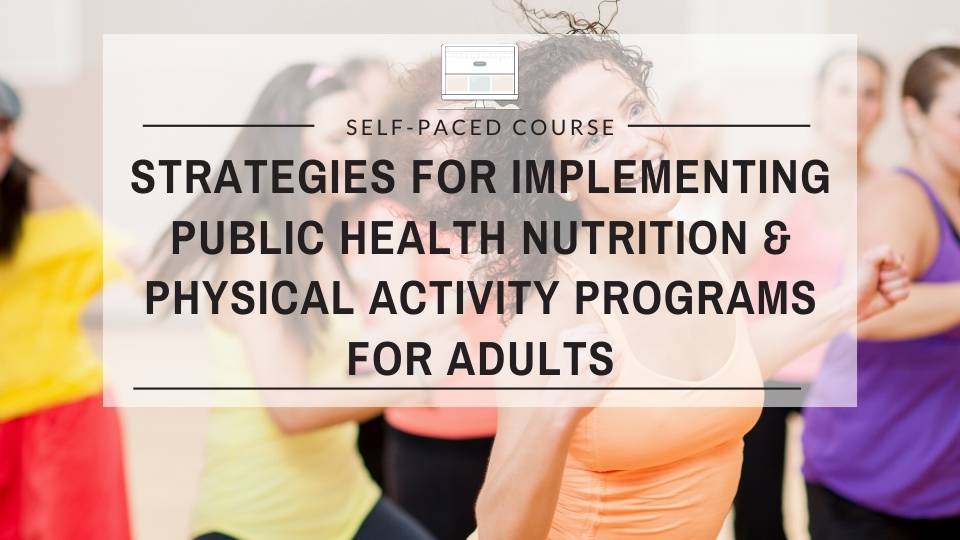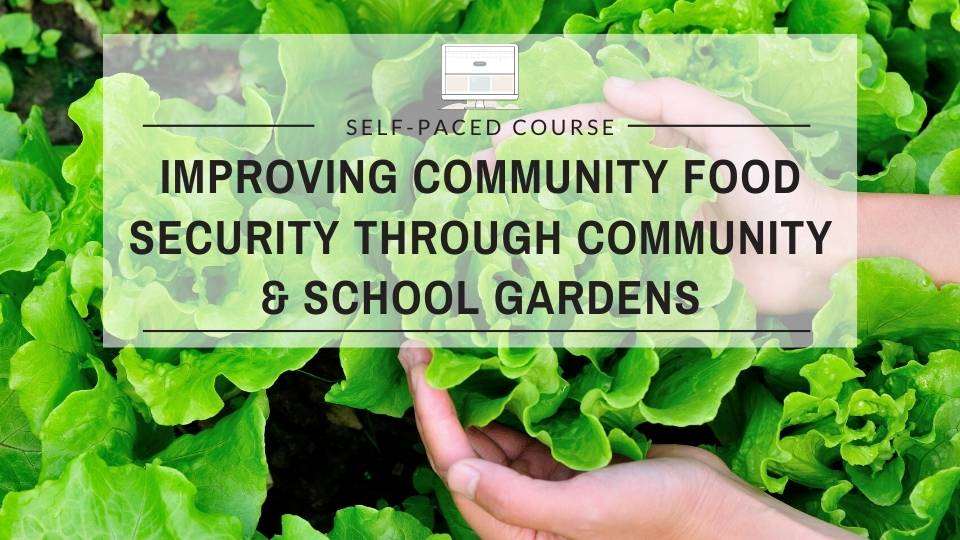This module provides an introduction to strategic planning. It
includes: 1) an overview of terminology, 2) a background about the benefits and
uses of strategic planning, 3) and a description of a methodology for
conducting planning in simple contexts. It concludes with examples of strategic
plans from public health and other agencies.
Learning Objectives:
By the end of this training, learners will be able to:
- Define planning, strategy, and strategic planning.
- Outline why strategic planning is done, as well as the benefits of strategic planning.
- Distinguish between simple, complicated, and complex situations in strategic planning.
- Describe two strategic planning processes
· Lynch's Prescriptive Model
- Consider several practical examples of strategic planning.
Target Audience: Policy/ Planner, Public Health
Tier(s) and Competency Domain(s): Tier Two – Policy Development/ Program Planning Skills, Financial Planning and Management Skills, Leadership and Systems Thinking Skills; Tier Three – Policy Development/ Program Planning Skills, Financial Planning and Management Skills, Leadership and Systems Thinking Skills.
Duration: ~ 1 hour
Continuing Education Information: 1.0 CECH for CHES
Format: Web-based Training, Self-Study
Created/Updated: N/A
Author(s) and Presenter(s): Ernest P. Schloss, PhD




